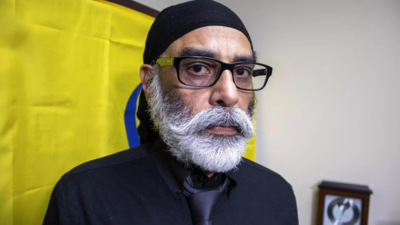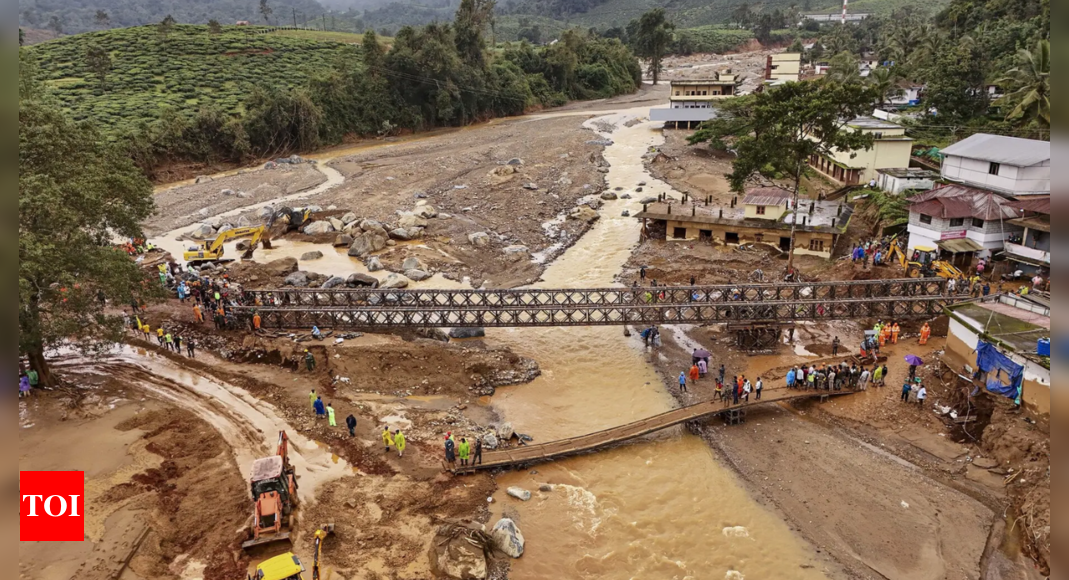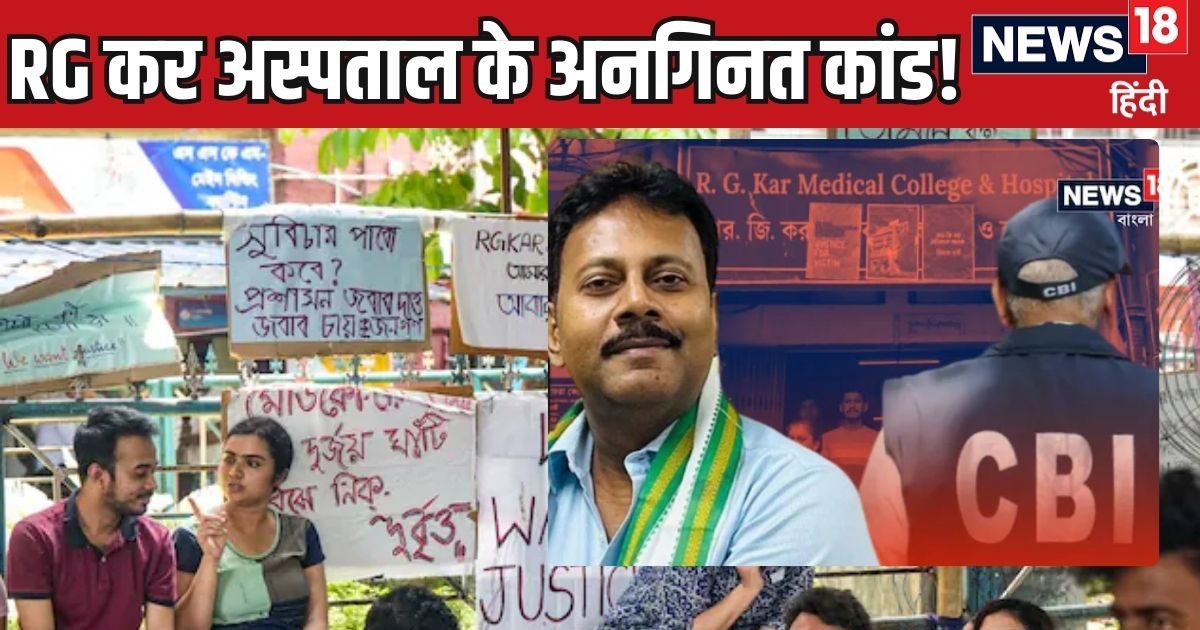NEW DELHI: The timing of the report submitted by the high-powered committee looking into the Pannun murder plot on US soil is significant, coming as it does days before the swearing-in of president-elect Donald Trump.
As far as India is concerned, the recommendation for expeditious legal action against Vikash Yadav, the government official who allegedly masterminded the murder-for-hire plot, should put a lid on the case, or at the very least bring to an end the diplomatic row that threatened to rock the relationship because of its increasing salience at the top levels of the Biden administration.
The timing also means that the outgoing administration will have little or practically no time to sit in judgment on the findings of the probe carried out by the Indian committee. That job will be now be handled by the incoming administration which, given its past record, is expected to be more sensitive to India’s security concerns, especially those related to Khalistan separatists’ anti-India activities.
To be sure, and as PM Narendra Modi himself acknowledged in a meeting with outgoing US NSA Jake Sullivan this month, there was significant progress in ties in the past 4 years in key areas like technology, defence, AI, space, semiconductors and civil nuclear energy. However, in pursuing the Pannun case, it also drew a red line saying murder-for-hire was unacceptable irrespective of whether it came from a friend or foe, and seeking criminal accountability at the highest level.
Whether that accountability has been established is now for the Trump administration to look into. Given what is at stake – a murder plot against an American national even if an India-designated terrorist – it’s unlikely the new administration will come in the way of prosecutors pursuing the case, but India will hope it won’t get under Trump the top billing it got under the Biden administration.
Incoming US NSA Michael Waltz, who met foreign minister S Jaishankar last month, was Wednesday reported to have described the partnership with India as critical for the future.
With Yadav, who was initially identified as CC-1 but later named by US authorities, facing criminal charges in the same case here, it’s unlikely the US will press for his extradition, although the final call on that issue will be taken by the American prosecutors. While Canada certainly doesn’t see similar murder-for-hire plots on its soil as ‘lone wolf’ operations, or what India seems to be suggesting through its report in the Pannun case, it’s not clear yet where the bucks stops as far as the US probe into the Pannun plot is concerned. Yadav’s indictment by the Department of Justice though had clearly stated that when he carried out the plot, he was employed with the Indian government’s cabinet secretariat, which looks after RAW, and which is under the PMO.
According to diplomatic sources, some of the claims made by Canadian authorities about the involvement of higher-ups may not be informed by shared intelligence with the Americans. However, the US has ruled out the possibility of more information coming out through law enforcement agencies about the plot while the case is heard in court.
The Indian committee also recommended functional improvements in systems to prevent such actions, something which the Biden administration had sought. Almost as a parting gift from the Biden administration, Sullivan during his visit this month announced delisting of Indian nuclear entities to promote civil nuclear cooperation with India and resilient clean energy supply chains. By completing its probe before Trump takes over, India can say it didn’t allow calls by the Biden administration for action in the case to go unanswered.




